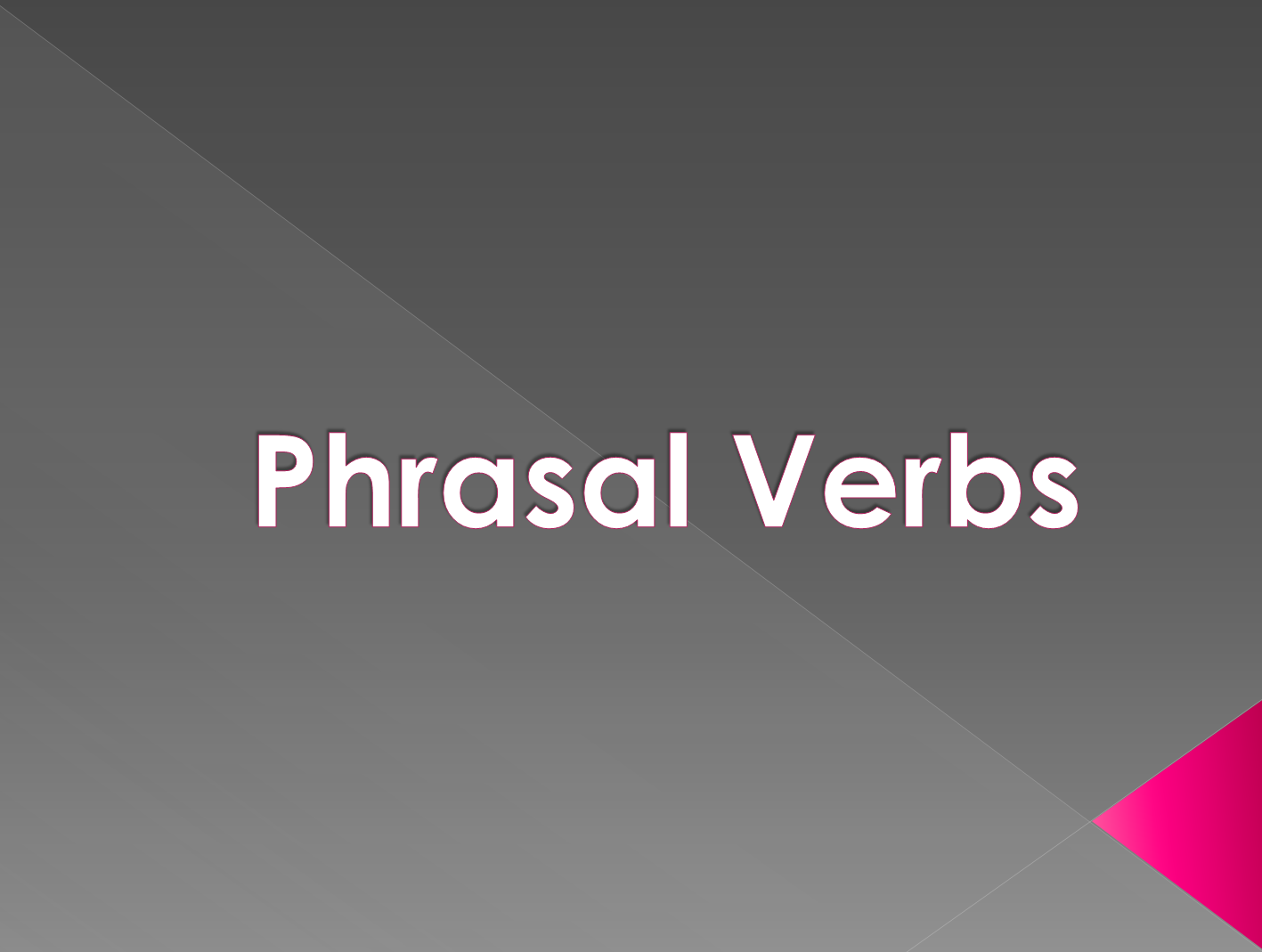
The TOEIC (Test of English for International Communication) is an English language proficiency test designed to assess the English language skills of non-native speakers in a business or professional context. The test is widely used by organizations around the world to evaluate the English language skills of job candidates, employees, and students.
The TOEIC test consists of two parts: the TOEIC Listening and Reading Test and the TOEIC Speaking and Writing Test. The TOEIC Listening and Reading Test is a paper-and-pencil test that consists of multiple-choice questions, while the TOEIC Speaking and Writing Test is a computer-based test that consists of spoken and written responses to prompts.
The test is designed to measure a wide range of English language skills, including listening comprehension, reading comprehension, speaking ability, and writing ability. Overall, the TOEIC is a widely recognized and respected English language proficiency test that is used by organizations around the world to evaluate the English language skills of non-native speakers.
Q&A Topic: Detecting Competition
Detecting competition refers to the process of identifying and evaluating potential competitors in a particular market or industry. This can involve analyzing market trends, conducting competitor research, monitoring advertising and promotional activities, and keeping track of new entrants into the market. The goal of detecting competition is to gain a better understanding of the competitive landscape and to help a business make informed decisions about marketing, product development, and overall strategy.
Here are some questions that can help you to clear the TOEIC exam:
Q1 Mark Hennricks in Entrepreneur magazine (December 1999) warns that you should not count on friendly competition; if you do, your rivals might just steal your customers from under your ___________.
(a) feet
(b) files
(c) nose
(d) table
Answer: (c) nose
Q2 Potential competitors for Sparks.com, an online retailer of real greeting cards, run the ___________, from the corner gift shop to Amazon.com.
(a) gambit
(b) gamut
(c) gannet
(d) gauntlet
Answer: (b) gamut
Q3 That awareness was ___________home during a recent meeting with executives of another company, supposedly to explore setting up a strategic alliance with Lindau’s 70-person firm.
(a) brought
(b) carried
(c) sent
(d) taken
Answer: (a) brought
Q4 “One of them laid down a briefcase and out popped one of our business plans from a year ago, which they had clearly obtained through ___________we had not intended,” recalls Lindau.
(a) angles
(b) channels
(c) doors
(d) mediums
Answer: (b) channels
Q5 “Someone to whom we had given a ___________copy of our business plan had shared it with our competition.”
(a) clandestine
(b) confidential
(c) critical
(d) cryptic
Answer: (b) confidential
Q6 Query vendors, customers, consultants and others who ___________business with companies in and around your field to find out if and when new competitors are likely to emerge.
(a) do
(b) have
(c) make
(d) talk
Answer: (a) do
Q7 Lindau says venture capitalists represent a fruitful source for competitive information for her because due ___________ requires investors to research related businesses before backing a company.
(a) deportment
(b) determination
(c) diligence
(d) discernment
Answer: (c) diligence
Q8 Companies that occupy spots on your value chain often understand your business and customers well enough to become ___________rivals.
(a) patent
(b) patterned
(c) positive
(d) potent
Answer: (d) potent
Q9 Carefully ___________firms that have mastered technology similar to yours, even if they appear to operate in distant sectors.
(a) castigate
(b) circumvent
(c) excoriate
(d) scrutinize
Answer: (d) scrutinize
Q10 No one wins every sale, but if you start to lose sales to companies you’ve never heard of, you may be ___________the birth of new and unexpected competitors, and your early warning system may be faulty.
(a) feeling
(b) noticing
(c) undergoing
(d) witnessing
Answer: (d) witnessing
You may also like:- Idioms and Other Expressions Used For Talking About ‘Work’
- What Are Weasel Words?
- Money and Finance – Test Your Knowledge
- Phrasal Verbs, Idioms and Other Expressions Using ‘CUT’
- How to Say Time in English
- Idioms and Other Expressions Used For Talking About Money
- Shopping and Consumerism – Match the Correct Name
- Phrasal Verbs – Choose the Correct Verb
- Currency Markets – Choose The Best Words
- Personal Qualities – Use the Best Nouns and Adjectives








